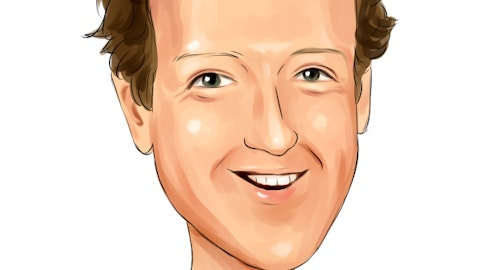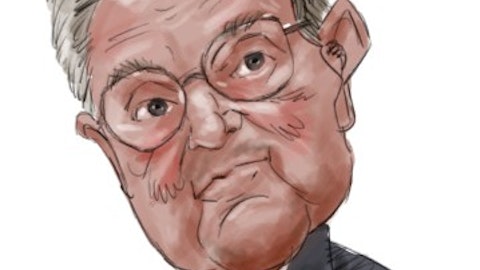Facebook Inc. (NASDAQ:FB) made it official this week, as its stock price did finally drop below $19.50 a share, which is the 50-percent point from its $38 IPO price. The rumbles seem to getting louder that it might be time for a change in the CEO’s chair – but even as the company went public, Mark Zuckerberg retained his own power to control his company. And doing that means that Zuckerberg is likely not going anywhere – unless he makes that decision, and he alone.
He had worked with some advisers on the IPO and the stock class structure, and he developed a pretty intricate system for the shares and a complex web of several lock-up dates – instead of just one like the old days, usually 180 days after an IPO – so that the millions of insider shares don’t flood the market simultaneously and artificially drop the stock price. After all, why do it artificially when it seems to be doing just fine naturally?
First, let’s look at the share structure, since that is easy to explain. The Class B shares have the voting power of 10 Class A shares, and Zuckerberg holds 57 percent of the voting-class shares – which means he has the final say in virtually every matter having to do with Facebook Inc. (NASDAQ:FB) – even his own job security as CEO and chairman of the board. An all-out mutiny would only make up 43 percent of the vote to remove Zuck – so he’s about as entrenched as one could be, unless he’s convinced otherwise.
The other part – the lock-up dates – seems to be a bit more complex. The rules basically were designed to protect the company and the banks. Employees and investors want a shorter lock-up so they cash out sooner, while banks (the underwriters) want a longer term so the market doesn’t get flooded . Facebook Inc. (NASDAQ:FB) has a series of lock-up dates that fit several needs – August 16 (up to 271 million shares freed) was just the first one (and shares fell 6 percent that day). Next is the Oct.16 to Nov. 14 period, where up to 247 million shares and options can be traded. Then Nov. 14 is where 1.2 billion shares can be traded (Zuck himself can begin trading up to 60 million of his cache). Certain investors have these lock-up dates; these aren’t arbitrary, and these investors and employees signed a contract prior to the IPO detailing the effective day of the lock-up for their particular shares.
Spreading out the lock-ups should mitigate a precipitous drop in the share price, but how much of a drop can Facebook Inc. (NASDAQ:FB) endure at this point? The company is valued at just north of $40 billion, but it’s likely that Facebook will need to make a splash with investors soon before the November lock-up ends, or this could get even uglier for the company. However, at least one hedge fund manager thought the company was near the bottom, when George Soros of Soros Fund Management snapped up a stake recently.






